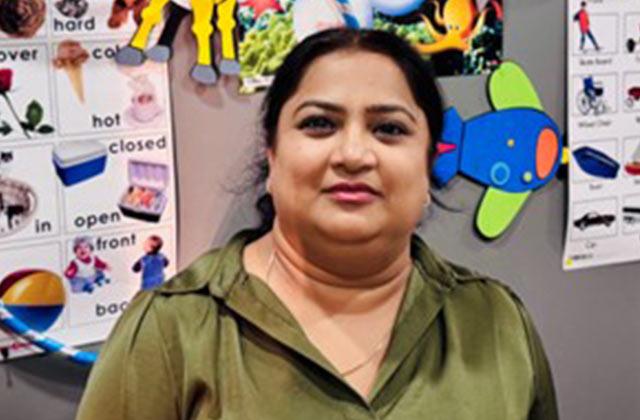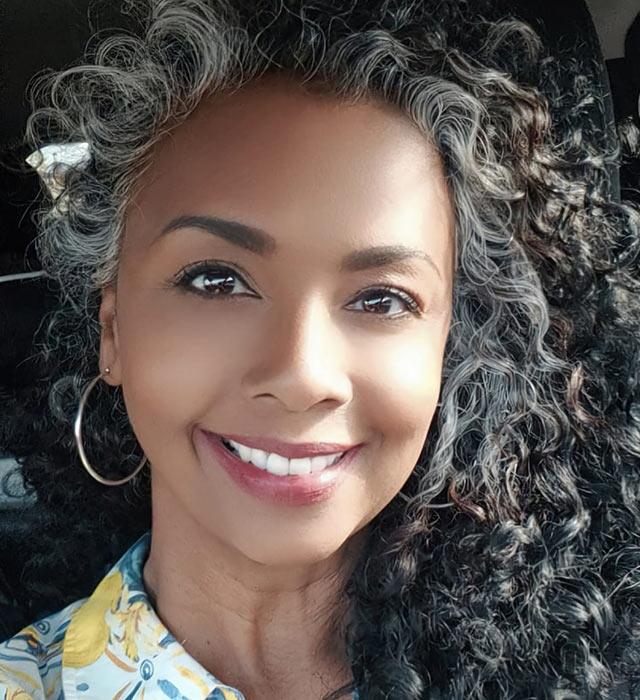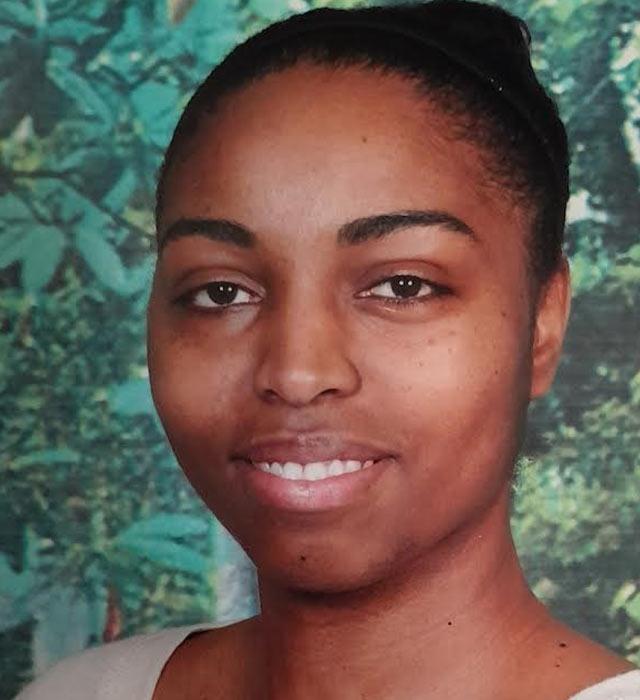Early childhood professionals share their joys, challenges, and hopes for the future
An early years and child care career requires empathy, heart, dedication, and a love for children. However, for the early childhood professionals who support children and families every day, it’s more than a calling. It’s a profession that requires great skill, education, and continued professional development.
The early years and child care sector
Peel’s early years and child care sector includes centre- and home-based child care providers, EarlyON, and Special Needs Resourcing agencies. Licensed centre- and home-based child care professionals make it possible for families to go to work to provide for themselves and contribute to the economy. Families can also go to school and participate fully knowing their children are playing, learning, and safe in the care of experts in early childhood development.
Early childhood professionals working in EarlyON centres help create safe and welcoming spaces where families with children newborn to 6 years old play, learn, and grow together. They also answer questions families might have about their child’s development.
Early childhood professionals working in Special Needs Resourcing agencies support the healthy development and inclusion of young children in early years settings.
These professionals reflect on what it means to service children and families and their hopes for the future.
Licensed home child care provider Kinjal Shah felt drawn to the field because it reflected her strengths and desire to make a difference. “Helping to shape those foundational years felt like the most meaningful work I could do, and I never looked back.”
Nikita Kowlessar, resource consultant with Brampton Caledon Community Living, grew up with a cousin with cerebral palsy, which inspired her to work with families with children needing extra support. “My experience continued to fuel my passion for inclusion and advocacy and made me want to work more towards the goal of becoming a consultant, so I could support families in this way.”
Paula Williams says her experience growing up in a multi-generational family and caring for younger family members while older family members in turn cared for her, sparked her interest in an early childhood career. “The African proverb that it takes a village to raise a child, that was me. I was that person.” As an adult, taking on a child care role for a family, started her career path. She then ran a home child care program for 20 years and is now program director and family support facilitator at PLASP EarlyON.
Family also inspired Shaku Davis, early childhood educator at Millcreek Kinder Kampus, who wanted to follow in her stepmother’s footsteps as a teacher. “What sparked my interest was the learning journey, teaching the kids to accomplish new goals, helping them with their journey.”
A joyful career
These professionals say their early childhood careers bring many rewards.
“What I love most is seeing the spark in their eyes when they discover something new and overcome challenges,” says Kinjal of the children she cares for. “Every day brings new energy, new conversations, and new moments of learning, language, and laughter.”
“Any new milestones, whether it’s saying their first word or trying something new, that for me is what I enjoy most,” agrees Shaku.
Nikita says she loves seeing children thrive. “Being able to see each child feel seen and supported, and that we can create an environment that they are able to thrive in, that meets their developmental needs, it’s a beautiful thing.”
Paula says children and families give as much to her as she gives to them. “It's bi-directional and it's a give-and-take. We serve one another as community, so what I love the most about this work is how it's not just that you’re doing something for someone, you're part of something bigger.”
A challenging profession
The sector also faces many challenges.
While she loves being a home child care provider, Kinjal says home-based providers often don’t receive the same recognition as centre-based child care programs. “More support, resources, and visibility for home child care programs would help, and recognition of our contribution as early childhood professionals would also go a long way.”
Nikita says high turnover in the workforce means consultants must re-train the early childhood educators they work with about the children and the supports they need. She says workforce stability and retention will help provide consistency.
“Burnout is a big part of the sector that can happen,” adds Paula. “It can sneak up on you or it can hit you hard. Managing your own health, wellness, and mental health, all parts of our being, we need to pay attention.”
Shaku agrees. “Sometimes there’s a really high level of stress within the child care sector, I think because we're not getting enough support when it comes to challenges within the child care field itself.”
“We’re skilled professional workers that play a vital role in each child's life,” says Shaku. She says early childhood professionals aren’t compensated for the level of continued education and professional development they must do.
Kinjal agrees. “We are educators, mentors, and caregivers who support children’s growth in every area, emotional, cognitive, physical, and social. We place the foundation for lifelong learning and well-being. It is a profession that requires dedication, education, and deep empathy.”
“The impact that we make in the early years lasts a lifetime,” says Nikita. “And when communities invest in us, they're not just supporting the professionals, but they are also investing in the future of children, families, and their community.”
Paula says that despite advocacy in recent years, there is still a long way to go. “If we as educators are well cared for, we can do our work well. We are valuable. We support the most important people on this planet. We are supporting the future of our planet, so respect us,” she says.
Hope for the future
Gaining that professional recognition is a shared hope for the sector’s future. “My hope for the early childhood sector is for it to continue to gain the respect and the investment it deserves,” says Shaku.
“My hope is to see a future where early childhood education is fully recognized as essential and respected at the same level as other areas of education,” adds Nikita. “That means fair wages, strong benefits, ongoing professional development opportunities for early childhood professionals, and stable funding that is going to support inclusive practices and service for all children.”
Kinjal agrees. “I would like to see access to resources, professional development opportunities, and public awareness of early years as all essential,” she says. “I would love to see more collaboration across the sector and the respect for all vital roles we play in shaping the next generation.”
Paula also hopes to see more collaboration across the sector. “I would like to see more silos break down between all the different groups who support children and families in the early years,” she says. “We’re here to serve community, and we are a community, let’s connect because there’s wisdom in community and wisdom between educators.”
“Early childhood professionals are experts in early development, and they are champions for inclusion,” says Nikita. “This work can also often be seen as babysitting but it's not. It's specialized, relationship-based work that really lays the foundation for lifelong learning and well-being of every child.”

Kinjal Shah
Licensed home child care provider

Nikita Kowlessar
Resource consultant at Brampton Caledon Community Living

Paula Williams
Program director and family support facilitator at PLASP EarlyON

Shaku Davis
Early childhood educator at Millcreek Kinder Kampus